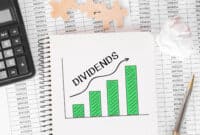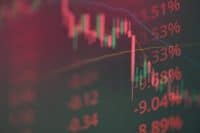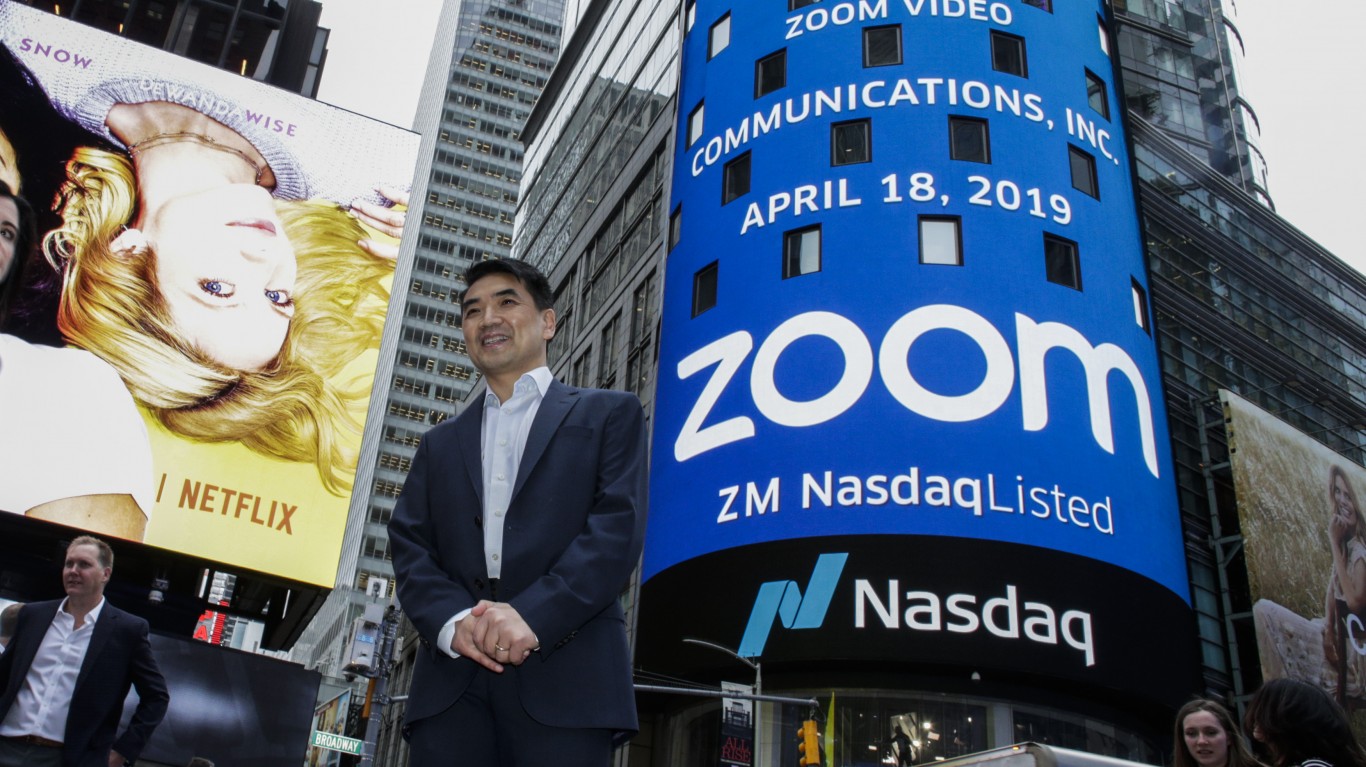
Investors love dividends. They also love stock buybacks. At the higher tax-bracket, some investors actually do better after their taxes and fees on buybacks (capital gains) than they do off dividends. So what happens when some stock buyback announcements are too big to ignore?
The dirty little secret is that companies buying back lots of stock are keeping their share prices higher. Sometimes it is buybacks alone that are driving the buying frenzy during volatile markets. It goes without saying that January was more than just volatile. Companies have been buying back literally a combined total of hundreds of billions of dollars worth of stock each year of late.
24/7 Wall St. has been looking into the larger buybacks that stood out from the pack. Companies like Cisco and IBM buy shares back endlessly, sometimes without anyone noticing. Other companies are making large inroads in share buybacks, and some of them do not even have to borrow money or take repatriation penalties to do so.
There were five such buybacks that really stood out in January. These are not at all the only large buyback announcements made. They were just the ones that could not be ignored.
FedEx Corp. (NYSE: FDX) decided that it wants to buy back even more stock — some 25 million more shares. The prior FedEx buyback authorization was announced in September 2014 for 15 million shares, and that one has been completed. There were 272 million common shares outstanding as of January 25, 2016, so FedEx has authorized itself to buy back up to about 9.2% of its shares. In a grand total, FedEx has returned a total of almost $8 billion to shareholders by repurchasing more than 57 million shares. This new buyback plan is roughly $3.25 billion at current market prices, versus a $36 billion market cap.
General Motors Co. (NYSE: GM) may have one issue on its hands with weak international markets and with what may be a peak-auto argument. That being said, low oil is driving buyers into every U.S. carmaker’s larger margin vehicles like trucks, sport utility vehicles and crossovers. GM’s board increased its stock buyback to $9 billion from a prior $5 billion with an end date in 2017. GM also hiked its quarterly dividend to $0.38 from $0.36 per share. GM closed out January at $29.64, down from $34.01 at the end of 2015. What stands out about a $9 billion buyback with such a short expiration is that GM’s market cap is about $45 billion — it is about 300 million shares that can be repurchased.
PayPal Holdings Inc. (NASDAQ: PYPL) is now on its own after the eBay separation. The payment platform provider’s stock also closed up 5.5% at $36.14 on the last day of January, and one of the post-earnings pumps seems to be aided by the announcement of a new $2 billion share buyback plan. Its plan was said to demonstrate that PayPal has substantial cash flow generation and that management is confident in its long-term growth. PayPal’s market cap is $44 billion.
Schlumberger Ltd. (NYSE: SLB) may have done what employees hate to see. The company’s earnings report noted that another 10,000 jobs had been eliminated as its capital spending is lower, but Schlumberger’s board approved a new $10 billion repurchase program. During the fourth quarter, Schlumberger purchased 5.4 million shares of stock at an average price of $73.86 per share for a total cost of $398 million. The end of January closing price was up 4% on Friday at $72.27, the highest closing price since the $72.80 close on December 7. Schlumberger’s market cap is about $91 billion.
Wells Fargo & Co. (NYSE: WFC) may be the current king of banks by market cap, but it’s also trading at the largest premium to its book value. So what are investors supposed to think of an expanded stock buyback plan? This bank has a long-term pledge to keep buying back its stock. Still, Wells Fargo’s board of directors lifted its authority to repurchase common stock by an additional 350 million shares — over $17 billion that can be used for buybacks at current prices versus a $255 billion current market cap.
Are You Ahead, or Behind on Retirement?
If you’re one of the over 4 Million Americans set to retire this year, you may want to pay attention. Many people have worked their whole lives preparing to retire without ever knowing the answer to the most important question: am I ahead, or behind on my goals?
Don’t make the same mistake. It’s an easy question to answer. A quick conversation with a financial advisor can help you unpack your savings, spending, and goals for your money. With Zoe Financial’s free matching tool, you can connect with trusted financial advisors in minutes.
Why wait? Click here to get started today!
Thank you for reading! Have some feedback for us?
Contact the 24/7 Wall St. editorial team.





